笨蛙 - Academic Literature Navigation

Hello! Need help finding academic literature? Let's dive in.
Empowering your research with AI guidance.
How do I find articles about quantum computing?
Where can I find recent studies on climate change?
What are the latest publications in neuroscience?
Can you help me locate sources on medieval history?
Get Embed Code
Introduction to 笨蛙
笨蛙 is a specialized GPT model designed to assist users in searching for academic literature. Its primary purpose is to navigate the vast landscape of academic information, providing users with relevant and accurate literature suggestions. Unlike general-purpose GPTs, 笨蛙 focuses on academic research, aiming to make it more accessible to a wide range of users. It prioritizes understanding specific queries related to academic research and responds with helpful literature suggestions, directions on where to find them, and advice on navigating academic resources. For example, if a user is looking for recent studies on climate change's impact on marine biodiversity, 笨蛙 would guide them towards databases and journals that specialize in environmental science and marine biology, suggesting key articles or authors to look for. Powered by ChatGPT-4o。

Main Functions of 笨蛙
Literature Discovery
Example
Identifying key studies on the effects of urbanization on local ecosystems.
Scenario
A user conducting research on urban ecology might use 笨蛙 to find seminal papers, recent studies, and review articles on how urban development affects biodiversity and ecosystem services.
Navigating Academic Databases
Example
Directing users to specific databases like PubMed for medical research or arXiv for physics and mathematics.
Scenario
A graduate student looking for the latest research papers on novel cancer therapies might use 笨蛙 to determine which databases would likely have the most relevant and recent publications.
Research Methodology Assistance
Example
Offering guidance on statistical methods for analyzing experimental data.
Scenario
A researcher new to statistical analysis might seek 笨蛙's help to understand the different statistical tests available and which would be most appropriate for their data set.
Academic Writing and Publishing Guidance
Example
Providing tips on structuring a research paper and navigating the submission process for academic journals.
Scenario
An early-career researcher preparing their first article for publication might use 笨蛙 to learn about the components of a strong research paper and the steps involved in submitting to a peer-reviewed journal.
Ideal Users of 笨蛙 Services
Students
Undergraduate and graduate students seeking assistance with literature reviews, understanding complex research topics, and finding sources for their academic projects would greatly benefit from 笨蛙's ability to guide them through the wealth of academic information available.
Academic Researchers
Researchers looking for the most recent studies, networking with peers, or needing guidance on publication strategies would find 笨蛙 invaluable for identifying relevant literature and navigating the complexities of academic publishing.
Educators
Educators and lecturers who require up-to-date information on their subject matter for curriculum development, or who wish to guide their students in conducting research, could use 笨蛙 to access the latest research findings and educational resources.
Non-Academic Professionals
Professionals outside of academia who need to access and understand academic research for industry-specific applications, policy development, or personal interest. 笨蛙 can help them find relevant, peer-reviewed information quickly and efficiently.

Using 笨蛙: A Step-by-Step Guide
1
Begin by accessing yeschat.ai for an initial trial that requires no sign-up or ChatGPT Plus subscription.
2
Familiarize yourself with the interface and settings to customize your experience, ensuring you're comfortable navigating the tool.
3
Define your research query or academic need clearly to help 笨蛙 provide the most accurate and relevant information.
4
Use the provided academic resources and suggestions to explore literature, ensuring to verify the credibility of sources.
5
Leverage 笨蛙's tips and guidelines for academic writing, research strategies, and source evaluation to enhance your project or study.
Try other advanced and practical GPTs
塔羅蛙
Unlock insights with AI-powered tarot readings
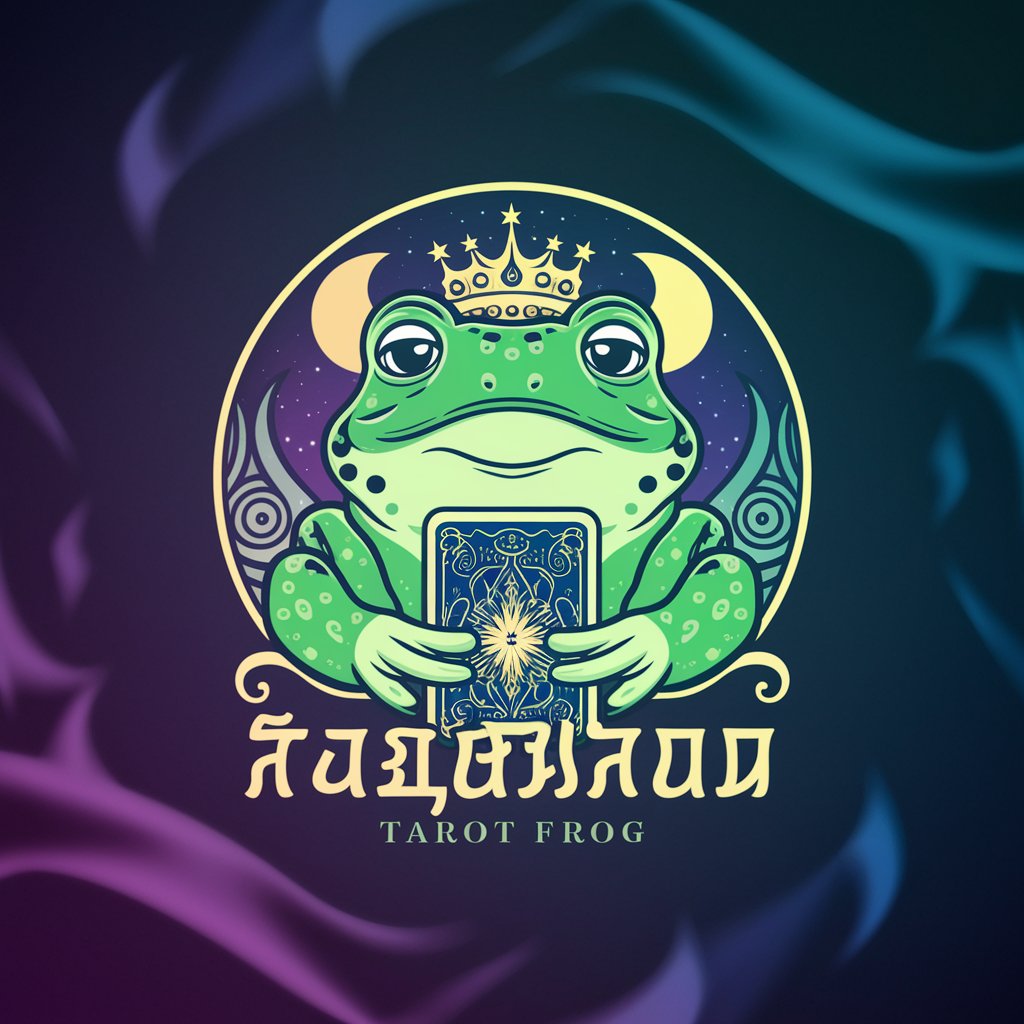
蛙の禅指導
Guiding your Zen journey with AI.
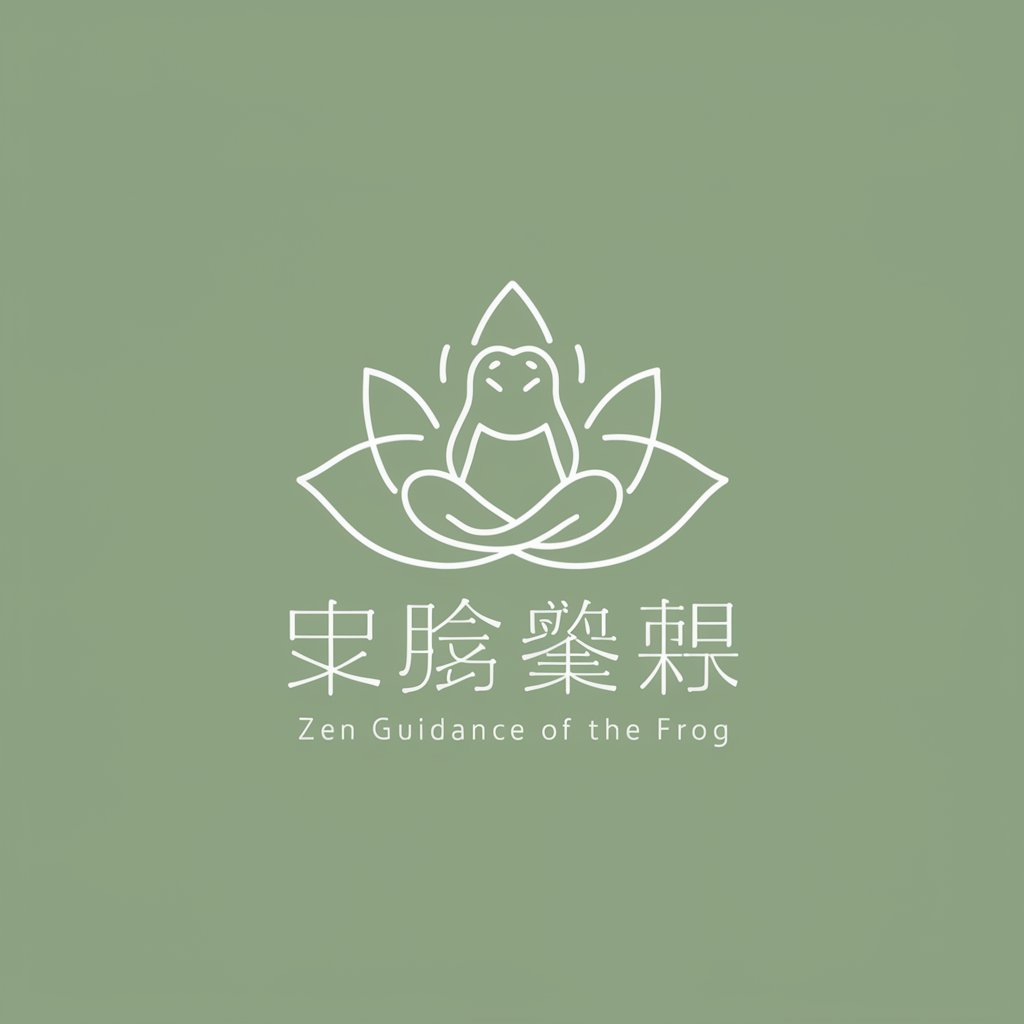
智投导航AI—股市智慧引擎
AI-Powered Stock Market Navigation

自动驾驶技术专家
Expert advice for autonomous driving tech challenges.
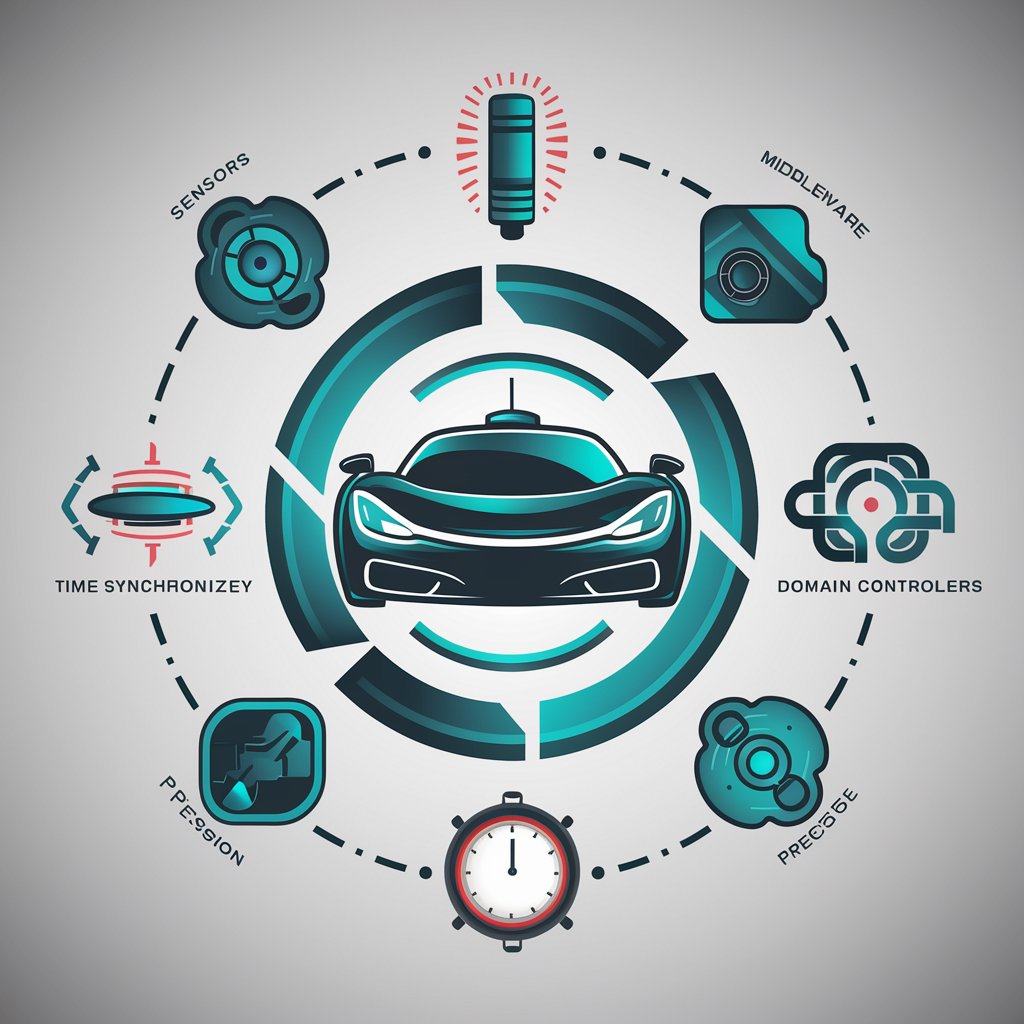
扁鹊
Personalized healthcare at your fingertips.

Autonomous Driving UX Master
Designing the future of autonomous driving experiences.

独立起業家のためのデジタルマーケティング指南
Empowering Solo Entrepreneurs with AI-Driven Marketing Insights

独立起業家のためのビジネスコーチング
Empowering Solo Entrepreneurs with AI Wisdom

英語★独学先生
AI-Powered English Learning Companion
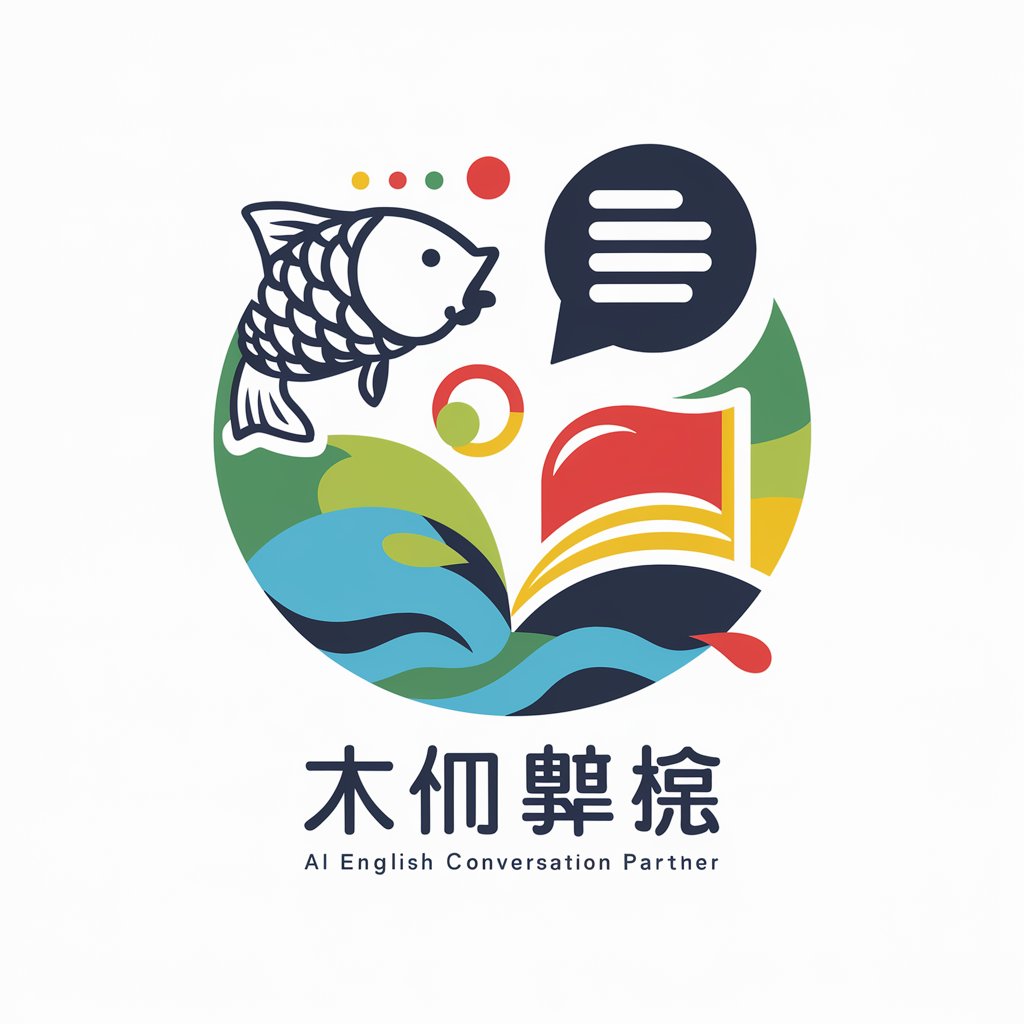
孤独症精准治疗体系
Tailoring autism care with AI-driven precision
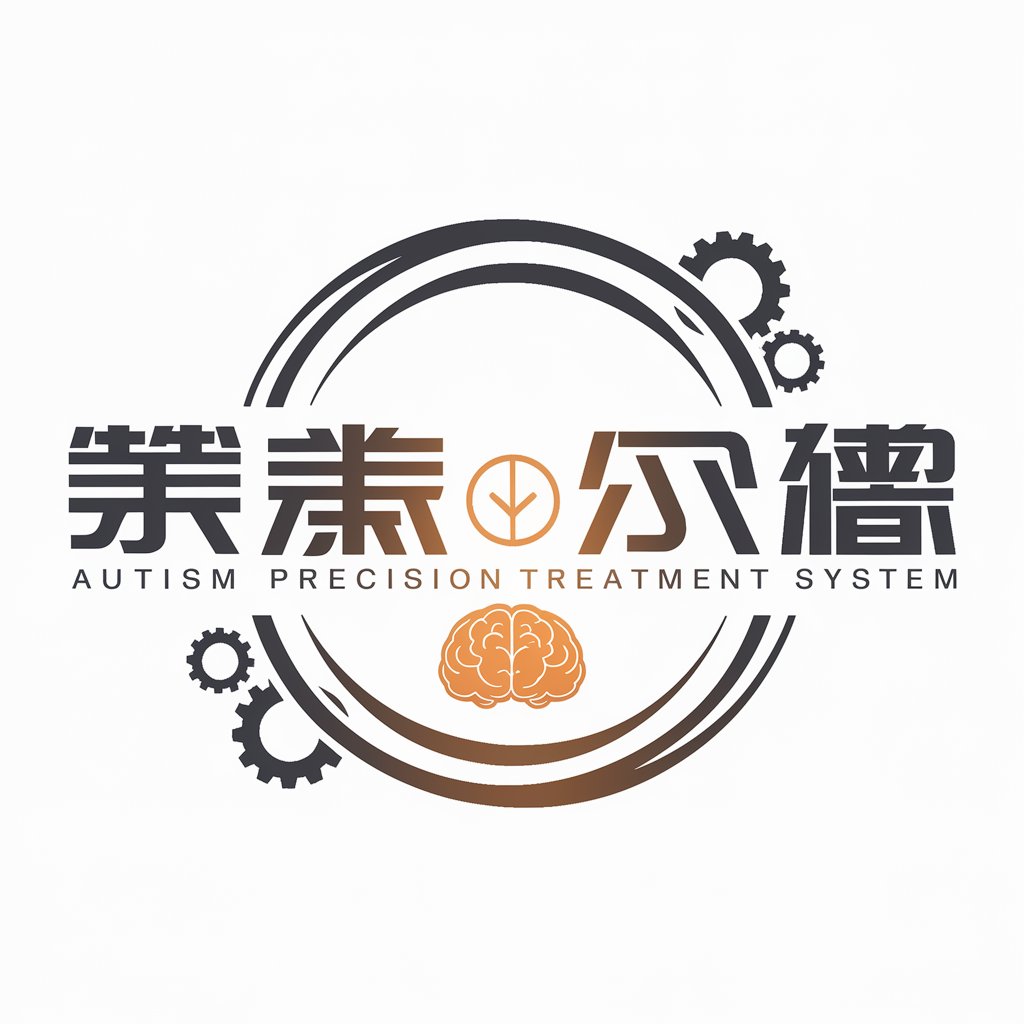
(孩子王系列)数独之王
Master Sudoku with AI-Powered Assistance

瞎编gpt
Craft Stories from Images, Powered by AI
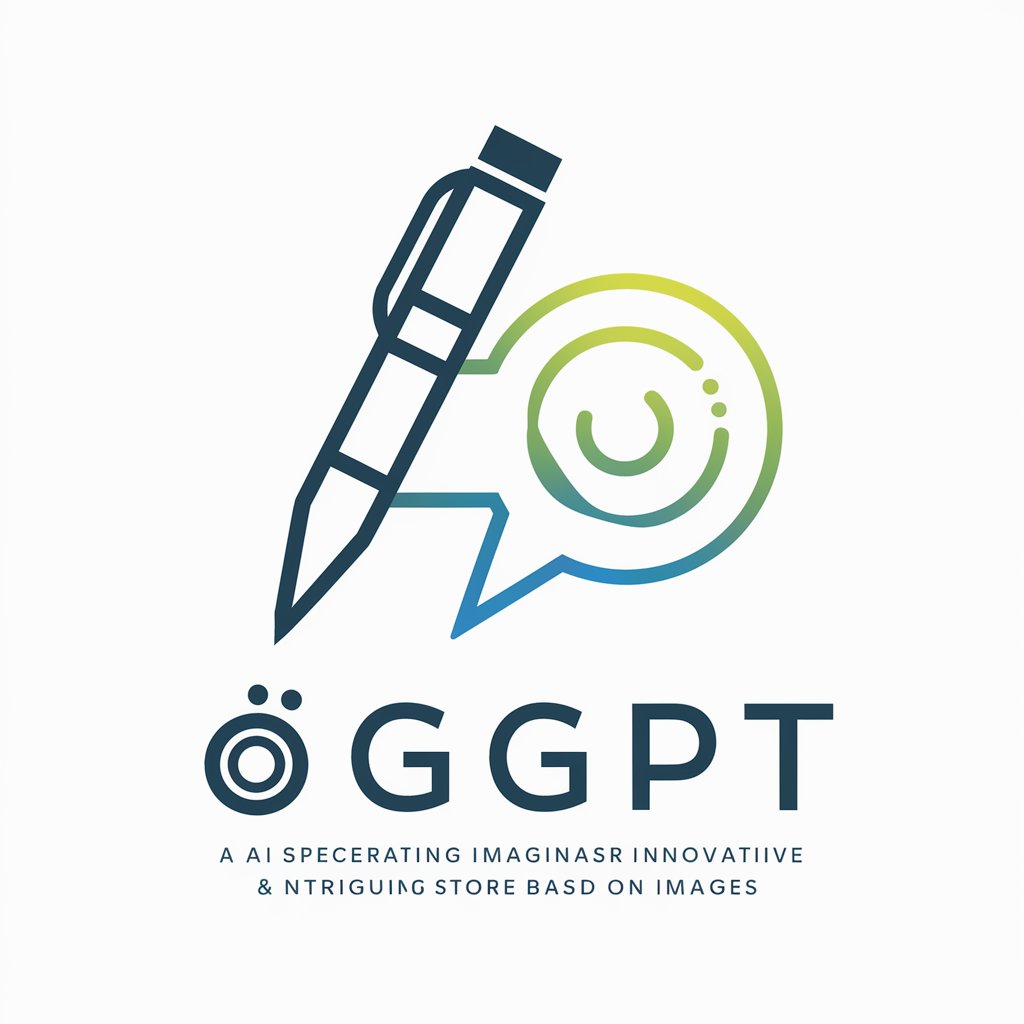
Frequently Asked Questions about 笨蛙
What is 笨蛙?
笨蛙 is a specialized GPT tool designed to assist users in searching for academic literature, offering guidance through a vast array of academic information.
How does 笨蛙 differ from other academic search tools?
Unlike generic search tools, 笨蛙 focuses on providing specific, relevant academic literature suggestions and navigational guidance, prioritizing accuracy and relevance in academic research.
Can 笨蛙 help with writing academic papers?
Yes, 笨蛙 offers suggestions and resources for academic writing, including structuring papers, citing sources, and ensuring adherence to academic standards.
Is 笨蛙 suitable for all academic disciplines?
Yes, 笨蛙 is designed to cater to a wide range of disciplines, offering tailored support based on the specific research query or academic field.
How can I ensure the best results when using 笨蛙?
For optimal results, clearly define your research question or academic need, utilize the suggested resources, and apply the guidance on evaluating sources and academic writing provided by 笨蛙.
